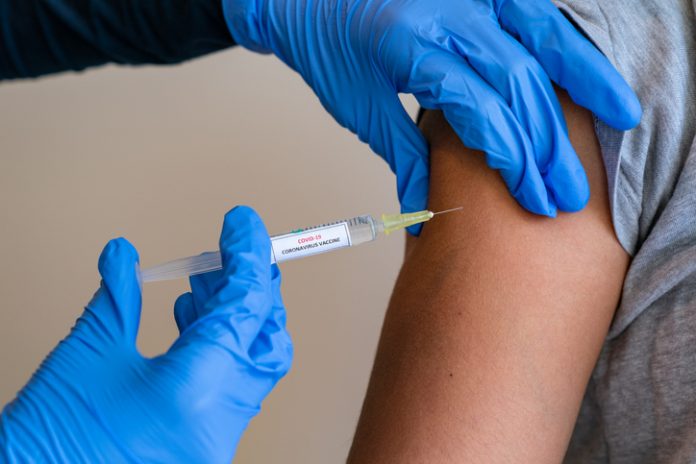A writer for The New York Times, one of the most supportive publications of COVID-19 mitigation measures, surprised readers by questioning the need for vaccine boosters in the face of the Delta variant.
“Vaccine immunity may not really be waning much – which means universal booster shots may do little good,” wrote David Leonhardt in the newspaper’s “The Morning” email to readers.
Leonhardt does, however, go on to describe how vaccinated people are getting sick. The writer said he reached out to scientists to find out how worried vaccinated people should be about the Delta variant. He points to data from Israel showing those who were first to get the vaccine seemed to be the ones getting breakthrough infections, which suggests the vaccine’s waning immunity.
On August 26, the Biden administration announced that most Americans should get a booster eight months after receiving a second dose, but as of August 31, the Food and Drug Administration had yet to approve boosters. Pfizer, one of the vaccine manufacturers, said the vaccine’s effectiveness weakens over time.
The Times newsletter suggested that it may be too early to give boosters a green light. The newsletter quoted David Dowdy, M.D., an epidemiologist at Johns Hopkins University.
“There’s a big difference between needing another shot every six months versus every five years,” Dowdy said. “So far, looking at the data we have, I’m not seeing much evidence that we’ve reached that point yet.”
There could be other explanations for breakthrough infections of those who received vaccinations early, Leonhart writes. One reason could be those individuals did more traveling and exposed themselves to new variants that most others did not.
“Part of the problem is that the waning-immunity storyline is irresistible to many people,” Leonhardt wrote. “The vaccine makers – Pfizer, Moderna and others – have an incentive to promote it, because booster shots will bring them big profits.”
-Staff reports





















